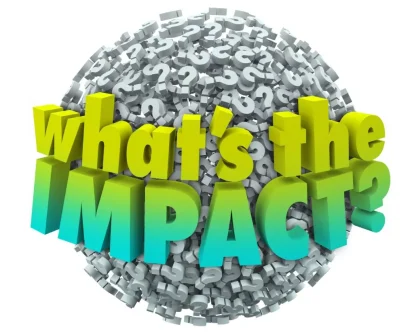Effects of Bankruptcy

Before deciding to go bankrupt it is important to know exactly how you and your family will be affected. This will depend on your circumstances.
Included in this article:
- How long will you be bankrupt?
- What happens to your house and car?
- Do you still have to make debt payments?
- Who will find out you are bankrupt?
Rather speak to person? Give us a call (0800 044 3194) or click here to complete the form below and we’ll call you
How long does Bankruptcy last?
Bankruptcy in the UK lasts for 12 months. After this period you are discharged and no longer a bankrupt person. The only time your discharge could be suspended is if you do not co-operate with the Official Receiver (OR).
Some of the effects of bankruptcy do last longer then a year. If you are required to make payments towards your debts you will have to do so for up to three years.
The affect on your Credit Rating will also last longer. It will remain poor for 6 years from the date your Bankruptcy starts. During this time you will find it difficult to take on new forms of credit.
If you have carried out transactions at undervalue or made preferential payments you could get a BRU. This would extend some of the restrictions placed upon you.
The Effects of Bankruptcy on your House and Car
If you are a home owner, how your property will be affected depends on the amount of equity in it. Where there is only a small amount of equity it is unlikely to be at risk.
However a larger amount of equity may cause problems. You might have to pay the official receiver the equivalent of your share. If you can’t do this, your home may have to be sold.
If you are renting there should be no risk to your home. There is no reason why you cannot remain in your property as long as you keep up your rent payments.
You will normally be allowed to keep your car if you need it. However its value must be no greater than £1000.
Homeowner? You may be able to go bankrupt and keep your property. Contact us for further advice.
Do you still have to make payments towards your debts?
After you go bankrupt you stop making payments to your individual unsecured creditors. However you may still have to make an ongoing payment towards your debt.
The Official Receiver will review your income and living expenses to establish whether you have any disposable income. If so they are likely to ask you to pay this amount to them each month for 3 years.
If you have no disposaable income you will not have to make further debt payments. As long as this situation does not change by the date of your discharge no additional payments will be required.
An IPA (Income Payment Agreement) can be implemented at any time while you are still bankrupt if your income improves.
Who will find out you are Bankrupt?
Bankruptcy is a relatively private debt solution. Other than your bank and creditors no one else should find out. It is not advertised in the local newspaper (unless you live in Northern Ireland) and your employer will not be told.
If you are renting your landlord will not be informed unless you have rent arrears. If you are a home owner your mortgage lender will be told. However your mortgage will not be affected as long as you maintain the payments.
While you are bankrupt your name and contact details are included in the insolvency register. This is publicly accessible via the internet. However very few people are aware of its existance and would ever think to search it.
Contrary to popular belief bankruptcy is a relatively private debt solution. Your name and details are not published in the local newspaper.
Government advice about Dealing with Debt
As well as the information found on this website the Government’s Insolvency Service has produced a useful guide to personal debt solutions which you might also find useful: “Options for paying off your debts”.
Money Helper (provided by the Money & Pensions Service) is an independent service set up by the Government to provide people with free advice about all aspects of personal finances. For further information, please follow this link: Help if you are struggling with debt.
It is also recommended that you read this one page document produced by the Money & Pensions Service entitled “Dealing with debt – 5 things you should know”.